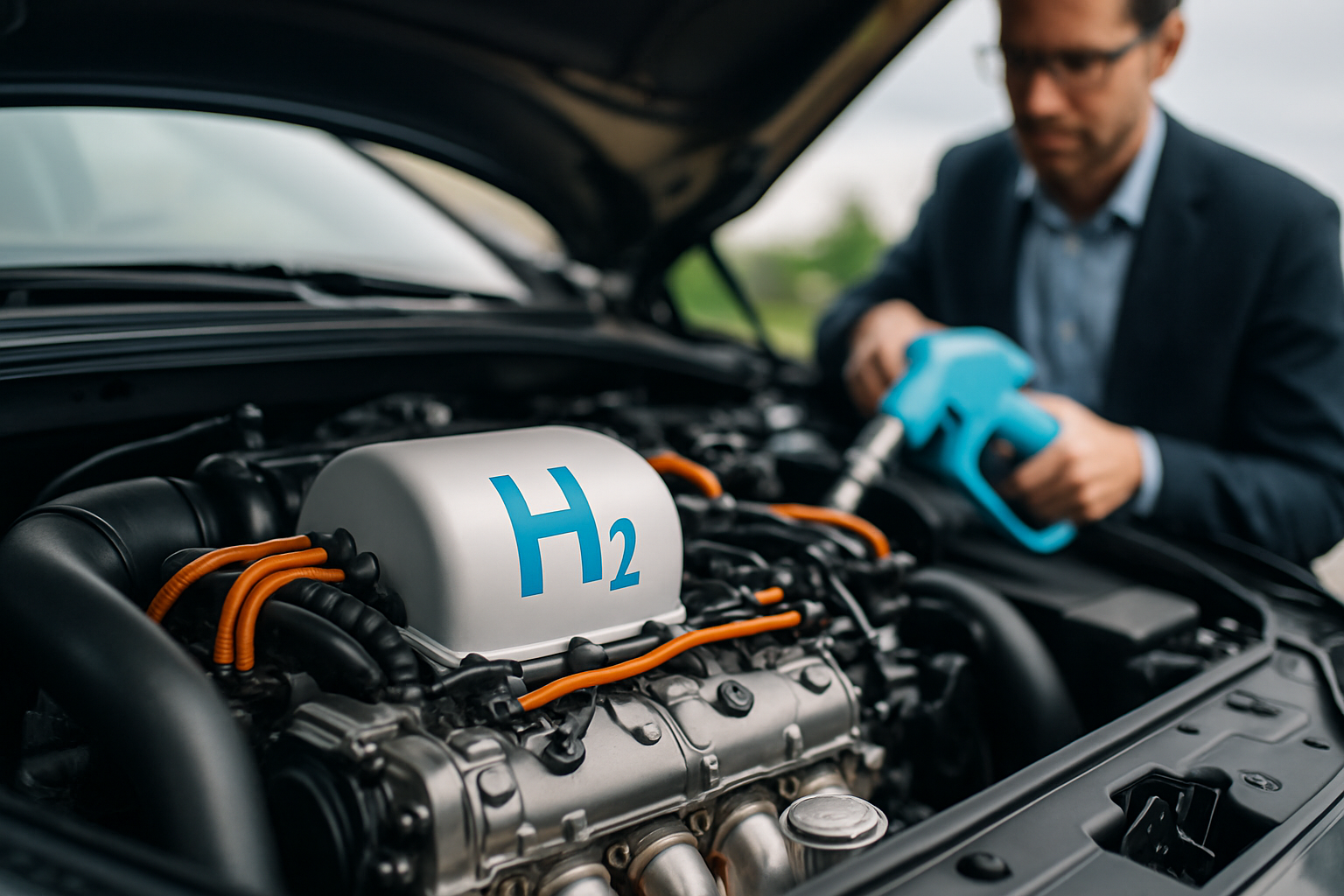Hydrogen Combustion Engines: The Next Frontier in Clean Propulsion
In the ever-evolving landscape of automotive propulsion, hydrogen combustion engines emerge as a groundbreaking solution to reduce carbon emissions while preserving the exhilarating driving experience enthusiasts cherish. This innovative technology harnesses the power of hydrogen as a fuel source, combining the clean-burning properties of hydrogen with the familiar mechanics of internal combustion engines. As the automotive industry races towards a greener future, hydrogen combustion engines offer a compelling alternative that bridges the gap between traditional powertrains and zero-emission vehicles.

Historical Context and Development
The concept of hydrogen-powered vehicles dates back to the early 19th century, with Swiss inventor François Isaac de Rivaz creating the first hydrogen-based internal combustion engine in 1807. However, it wasn’t until the late 20th century that serious development began in response to growing environmental concerns. Automotive giants like BMW and Mazda have invested heavily in hydrogen combustion technology, with BMW’s Hydrogen 7 serving as a pioneering example in the mid-2000s. These early efforts laid the groundwork for the current renaissance in hydrogen combustion research.
Technical Innovations
Recent advancements in hydrogen combustion engine design have addressed many of the challenges that initially hindered widespread adoption. Engineers have developed sophisticated fuel injection systems capable of precisely controlling hydrogen flow, optimizing combustion efficiency and power output. Advanced materials science has yielded components resistant to hydrogen embrittlement, ensuring long-term durability. Additionally, cutting-edge turbocharging technologies specifically tailored for hydrogen combustion have significantly improved power density, allowing these engines to rival or surpass their gasoline-powered counterparts in performance metrics.
Performance and Driving Dynamics
One of the most compelling aspects of hydrogen combustion engines is their ability to deliver an engaging driving experience reminiscent of traditional sports cars. The rapid flame propagation of hydrogen results in exceptionally responsive throttle behavior, providing drivers with instant acceleration and a connection to the vehicle that many electric alternatives struggle to match. Furthermore, the familiar engine note, albeit with a unique timbre due to hydrogen’s combustion characteristics, preserves the auditory excitement that many automotive enthusiasts cherish.
Infrastructure and Adoption Challenges
Despite the promising attributes of hydrogen combustion engines, significant hurdles remain in terms of widespread adoption. The lack of a comprehensive hydrogen refueling infrastructure presents a major obstacle, requiring substantial investment and coordination between governments, energy companies, and automakers. Additionally, the energy-intensive process of hydrogen production and distribution currently limits the overall environmental benefits, although advancements in green hydrogen production methods offer hope for a truly sustainable fuel cycle in the future.
Future Prospects and Industry Outlook
As the automotive industry continues to diversify its approach to sustainable mobility, hydrogen combustion engines are poised to play a crucial role. Major automakers are redoubling their efforts in hydrogen technology research, recognizing its potential to complement battery electric vehicles in the pursuit of carbon neutrality. The technology’s compatibility with existing manufacturing facilities and supply chains makes it an attractive option for a gradual transition away from fossil fuels. Moreover, ongoing research into synthetic fuels produced using renewable energy could further enhance the environmental credentials of hydrogen combustion engines, potentially achieving carbon-neutral operation throughout the entire fuel lifecycle.
In conclusion, hydrogen combustion engines represent a fascinating convergence of traditional automotive engineering and cutting-edge clean energy technology. As the industry continues to innovate and overcome existing challenges, these engines may well become a cornerstone of sustainable transportation, offering drivers a thrilling and environmentally conscious mobility solution. The road ahead for hydrogen combustion is undoubtedly exciting, promising a future where performance and sustainability coexist harmoniously in the automotive landscape.






